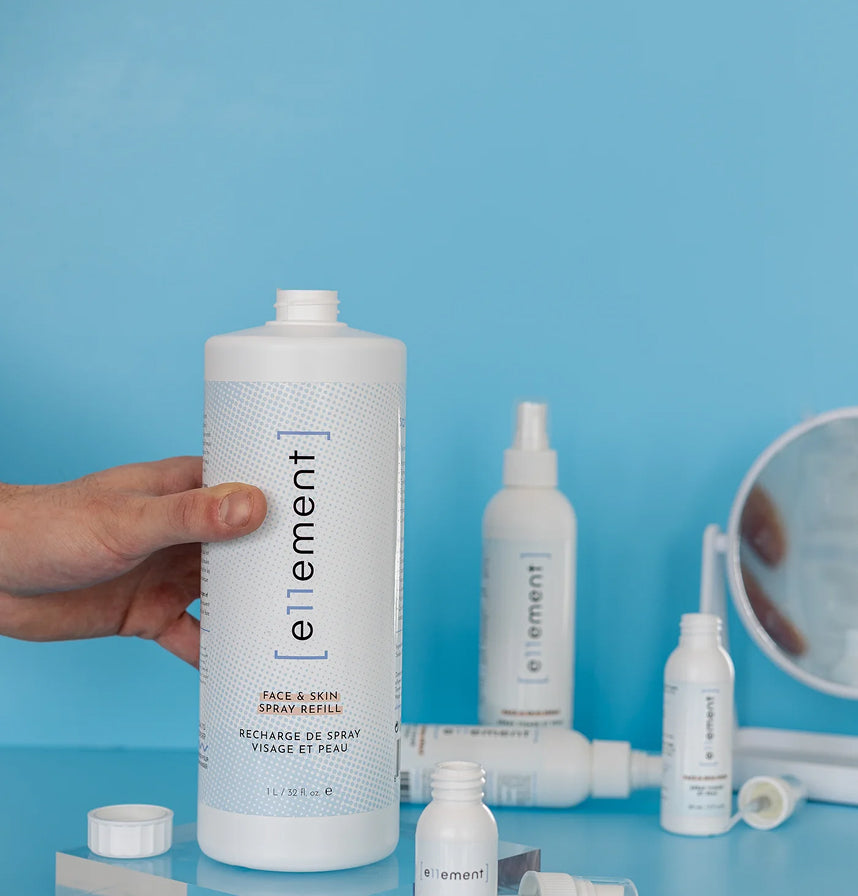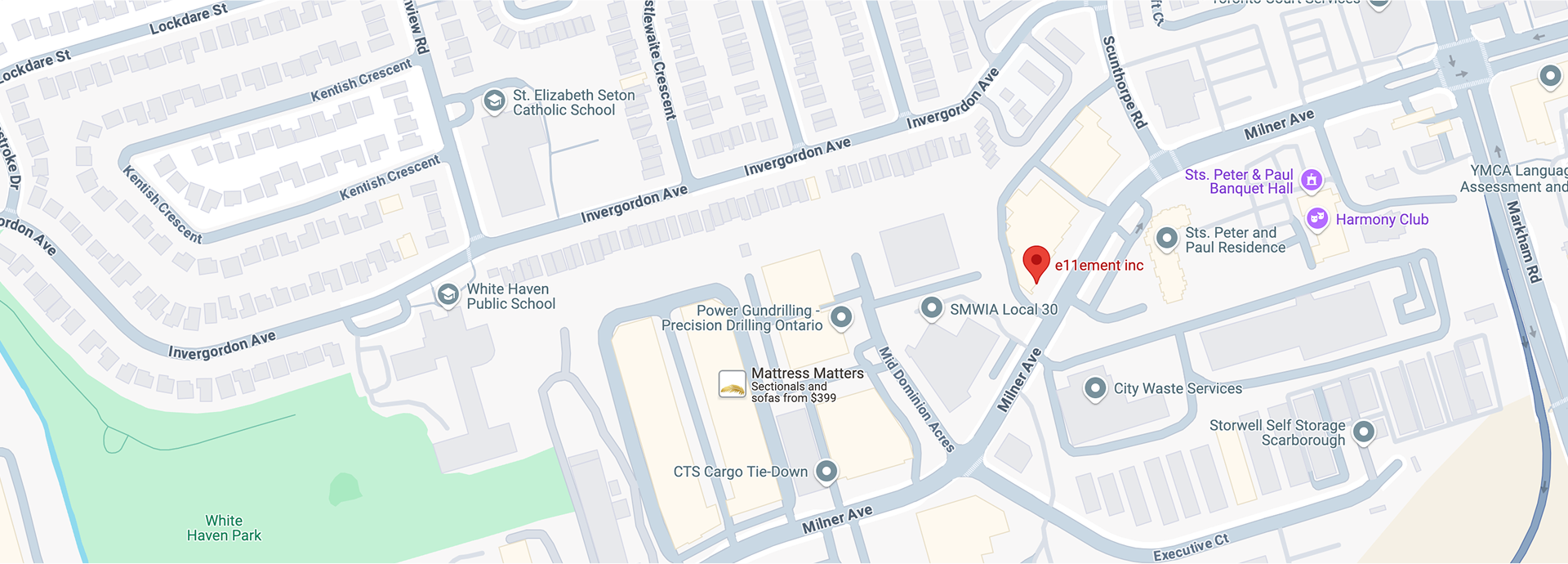In the world of skincare, new ingredients often emerge, each promising unique benefits. Among these, hypochlorous acid has recently gained attention for its potential to soothe, cleanse, and protect the skin. But what exactly is hypochlorous acid, and how can it be beneficial for your skin? This article explores everything you need to know about hypochlorous acid for skin.

What is Hypochlorous Acid?
Hypochlorous acid (HOCl) is a naturally occurring compound produced by white blood cells as part of the body’s immune response. Its primary role is to fight off infections, bacteria, and other pathogens. In recent years, scientists have harnessed this compound for use in various skincare products due to its potent antimicrobial and anti-inflammatory properties.
The Science Behind Hypochlorous Acid
Hypochlorous acid is a weak acid, formed when chlorine dissolves in water and partially dissociates. Despite its mild nature, it is incredibly effective at killing bacteria, viruses, and fungi. This makes it an excellent choice for skincare, where maintaining a balance between effectiveness and gentleness is crucial.
How Hypochlorous Acid Benefits the Skin
- Antimicrobial Action: One of the most significant benefits of hypochlorous acid is its ability to eliminate harmful bacteria without disrupting the skin’s natural microbiome. This is particularly beneficial for individuals prone to acne, as it helps reduce the bacteria that cause breakouts.
- Anti-Inflammatory Properties: Hypochlorous acid is known for its anti-inflammatory effects, making it an excellent choice for those with sensitive or irritated skin. It can help soothe conditions such as eczema, rosacea, and dermatitis.
- Wound Healing: Hypochlorous acid promotes faster healing of minor cuts, scrapes, and burns by reducing the risk of infection and encouraging the skin’s natural repair processes.
- Cleansing and Toning: Hypochlorous acid is also used in toners and facial mists to cleanse and refresh the skin without the harshness of alcohol-based products. It gently removes impurities while hydrating the skin.
Uses of Hypochlorous Acid in Skincare
Hypochlorous acid is versatile and can be incorporated into various skincare products. Here’s how it’s commonly used:
Facial Mists and Sprays
Hypochlorous acid-based facial mists and sprays are gaining popularity as a way to refresh and protect the skin throughout the day. These products are gentle enough to use multiple times a day, even on sensitive skin. They are particularly beneficial in environments where the skin is exposed to pollutants and irritants.
Cleansers
Incorporating hypochlorous acid into cleansers allows for a gentle yet effective way to remove dirt, oil, and makeup. These cleansers are suitable for all skin types, especially those with acne-prone or sensitive skin.
Wound Care Products
Given its ability to promote healing and prevent infection, hypochlorous acid is often found in wound care products. These products help cleanse and protect minor cuts, scrapes, and burns, facilitating quicker recovery.
Toners
Hypochlorous acid-based toners offer a refreshing way to balance the skin’s pH while providing antimicrobial benefits. They are an excellent addition to any skincare routine, particularly for those with oily or acne-prone skin.
How to Incorporate Hypochlorous Acid Into Your Skincare Routine
Adding hypochlorous acid to your skincare routine can be simple and effective. Here’s how you can incorporate it:
Start with a Cleanser
Begin your routine with a hypochlorous acid-based cleanser to gently remove impurities from the skin. This prepares your skin to absorb the benefits of other products in your routine.
Use a Facial Mist
After cleansing, spritz your face with a hypochlorous acid facial mist. This helps to refresh and hydrate your skin while providing antimicrobial protection.
Apply a Toner
Follow up with a hypochlorous acid-based toner to balance your skin’s pH and further cleanse any remaining impurities. This step is particularly beneficial for those with acne-prone skin.
Hypochlorous Acid vs. Other Skincare Ingredients
Hypochlorous acid is unique, but how does it compare to other popular skincare ingredients?
Hypochlorous Acid vs. Salicylic Acid
Salicylic acid is a well-known ingredient for treating acne, but it can be drying and irritating for some skin types. Hypochlorous acid offers a gentler alternative with antimicrobial properties that can help reduce breakouts without over-drying the skin.
Hypochlorous Acid vs. Benzoyl Peroxide
Benzoyl peroxide is another common acne treatment that can cause redness and irritation. Hypochlorous acid, on the other hand, is less likely to cause these side effects while still providing antibacterial benefits.
Hypochlorous Acid vs. Hyaluronic Acid
Hyaluronic acid is a popular ingredient for hydration, while hypochlorous acid is more focused on cleansing and protecting the skin. Both can be used together in a skincare routine, as they offer complementary benefits.
The Future of Hypochlorous Acid in Skincare
As more people discover the benefits of hypochlorous acid, it’s likely that we’ll see even more innovative uses for this compound in skincare. Researchers are continually exploring new ways to harness its antimicrobial and anti-inflammatory properties, which could lead to the development of advanced skincare solutions.
Sustainability and Hypochlorous Acid
Hypochlorous acid is not only effective but also environmentally friendly. It breaks down into harmless components, making it a sustainable choice for those concerned about the impact of their skincare routine on the environment.
Hypochlorous Acid in Professional Treatments
Beyond at-home skincare, hypochlorous acid is also being used in professional treatments. Dermatologists and aestheticians are incorporating it into facials and other procedures to enhance the skin’s healing and recovery process.
Conclusion
Hypochlorous acid is a powerful yet gentle ingredient that offers numerous benefits for the skin. Whether you’re dealing with acne, sensitive skin, or just looking for a way to refresh and protect your complexion, hypochlorous acid may be a valuable addition to your skincare routine. By understanding its uses, benefits, and potential side effects, you can make an informed decision about incorporating this unique compound into your daily regimen.























